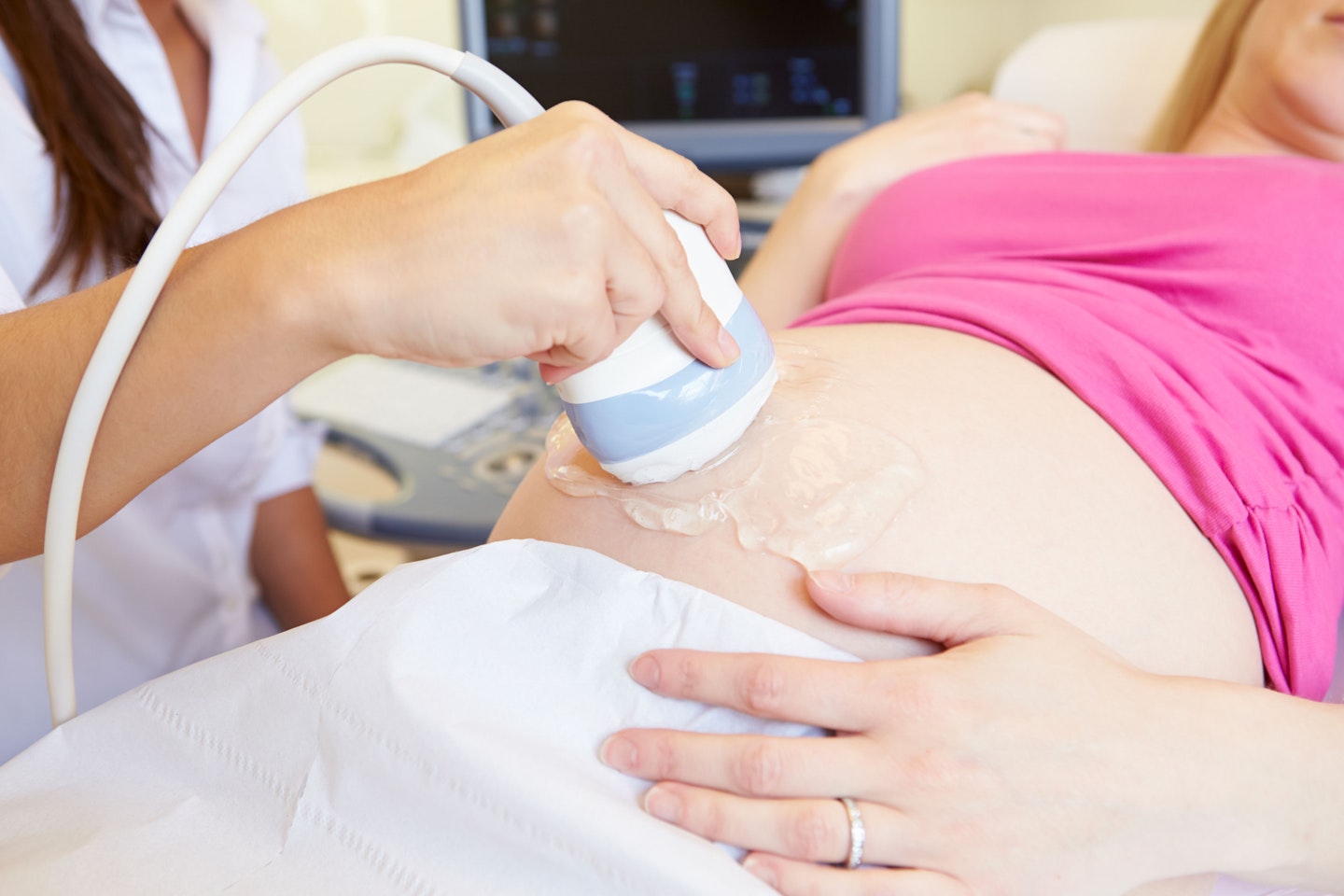A new breakthrough in IVF treatment is now being used, as one private clinic confirms that they are allowing patients to opt for the method that allows women to conceive in the womb.
Named AneVivo, it works by inserting a tiny capsule loaded with both the sperm and egg into the uterus, hoping the entire conception process will then take place internally.
At present, the conceiving aspect of in vitro fertilisations takes place within a lab, mixing eggs and sperm in a dish, then being inserted into the womb once the egg has been fertilised, hoping that an egg will attach to the womb wall and impregnate the mother. This is the method that is generally used in hospitals and clinics nationwide.
The Complete Fertility clinic in Southampton is the first in the UK to adopt the AneVivo method however, which at present costs approximately £700 per try.

Head of the clinic, Profession Nick Macklon told the BBC:
"At this stage we are just offering it to private patients. If the NHS want to use it then they would need to know that it is cost effective. We do not know that yet.
"But that doesn't mean new technology like this can't be introduced in a cautious manner. I'm very keen that we study new innovation in IVF."
The Human Fertilisation and Embryology Authority(HFEA) have approved the method, and Prof Macklon outlines that trials in 250 women has demonstrated that the method has a similar success rate to the traditional IVF procedure.
The benefit of the breakthough method then is alledged to be the increased health benefits for both mother and baby, as it mirrors the ‘natural’ conceiving process.
It is thought that there are increased genetic issues and health defects that occur when growing an embryo in a dish. Although at the moment it’s hard to measure if the AneVivo method is in fact any safer.
Prof Macklon said:
"The aim is to maximise the time spent in the body rather than in the lab. The immediate benefit is reducing exposure at this very vulnerable time of human development when genes are being switched on and off."
IVF was first created in 1978, and is used worldwide to help potential parents with fertilities issues to conceive.
